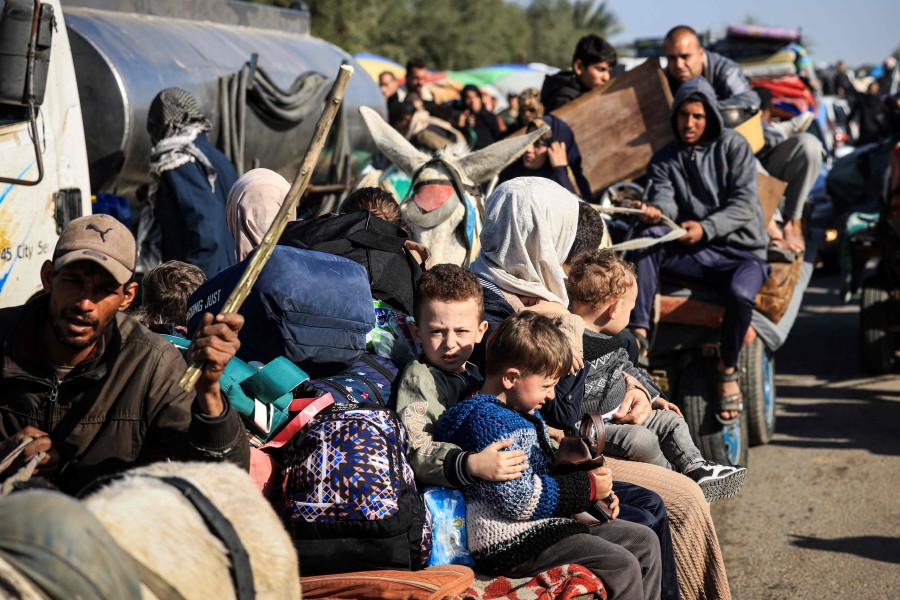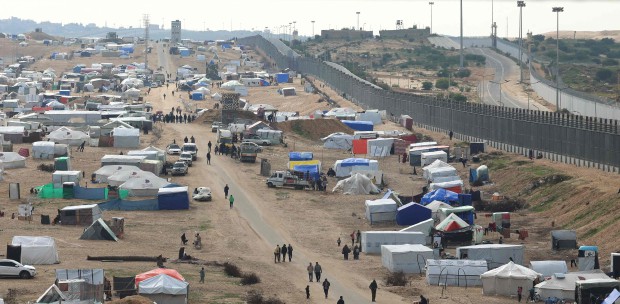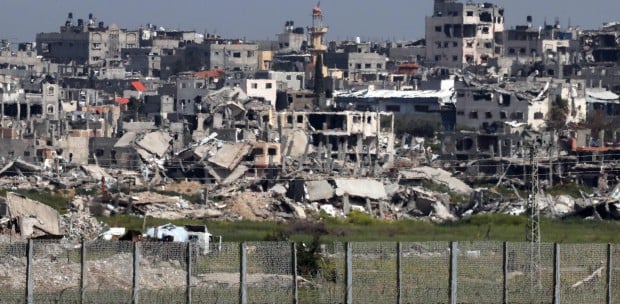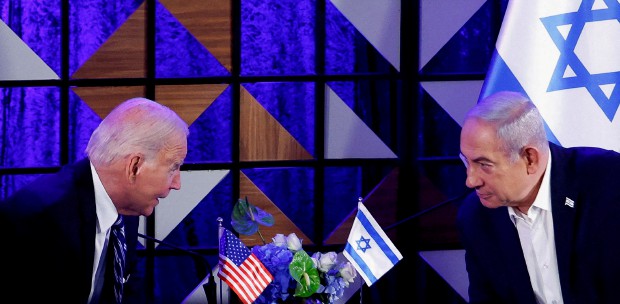A NON-MILITARISED Palestine as a two-state "solution"? Now that is a devious way of dressing up a problem as a solution. It is a stillborn idea. Here is why.
But first, a 101 on state-making. The people for whom the state is being designed must decide what form the nation should take. In the case of Palestine, it must be left to the Palestinians. Period. That is the history of state-making, even as recently as the creation of South Sudan. Now for the "why".
A state means a sovereign state that has supreme authority over its territory. Israel doesn't want the Palestinians to have a sovereign Palestine. This is why the two-state solution has been a problem for 75 years. For the Israelis of old and new, especially of the Zionist hue, a sovereign Palestine stands in the way of a "Greater Israel" in the Middle East.
A modern-day hindrance to the idea is Benjamin Netanyahu, who is hostile to the idea of the Palestinians having a state of their own. What more, a sovereign one. This became clear when Washington floated the idea of some form of a state for the Palestinians on Saturday.
The response from Netanyahu's office was immediate. According to Reuters, Tel Aviv made it clear that it "must retain security control over Gaza to ensure that it will no longer pose a threat to Israel." Control over a sovereign state? Cruel kindness, Tel Aviv? Oxymorons never work, especially in politics. Even Netanyahu's office admits it: the requirement of security control over a sovereign nation "contradicts the demand for Palestinian sovereignty". In other words, no sovereign Palestinian state.
There are 198 countries in the world. All are sovereign. So why the Palestine exception? The answer is clear: Israel wants to keep Gaza as it is: an open prison under its control, even though to treat an occupied territory and its people so is against international law. But international law was never a concern for Israel. For 56 years, Tel Aviv has occupied Palestinian territories and all international legal institutions have looked the other way.
If they do otherwise, as the International Criminal Court did very briefly under the brook-no-nonsense chief prosecutor Fatou Bensouda, they will be silenced by sanctions imposed by Israel's powerful allies. If the ICC can be sanctioned into inaction, what good is it as an institution of justice?
For the very same reason, Israel is able to get away with genocide. As of Saturday, Israel's indiscriminate bombardments have killed 24,762 Palestinians, mostly women and children. Perhaps that will change with South Africa's genocide case against Israel at the International Court of Justice.
Many see the case as a fight between the Global South and the Global North. Can't blame them for thinking so. Our global institutions are indeed designed to submit to power, not justice. Be that as it may, the ICJ must order a ceasefire, a provisional order sought by South Africa.
It must not fail as it did in 1993 in the case of Bosnia. The consequences would be terrible. One more thing, to talk of a two-state solution while Gaza is being turned into a killing field by Israel is discordant with the aim. As is any talk of a non-militarised state is discordant with a sovereign Palestine.





